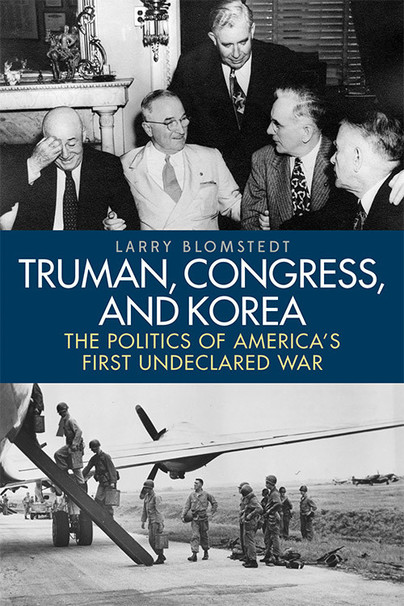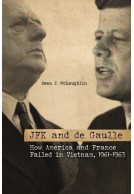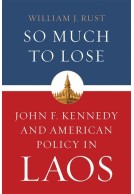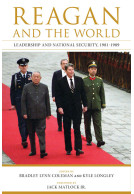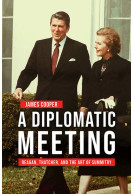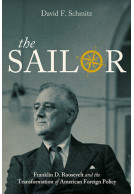Google Books previews are unavailable because you have chosen to turn off third party cookies for enhanced content. Visit our cookies page to review your cookie settings.
Truman, Congress, and Korea (Hardback)
The Politics of America's First Undeclared War
Imprint: University Press of Kentucky
Series: Studies in Conflict, Diplomacy, and Peace
Pages: 334
Illustrations: 12 b&w photos, 1 map, 2 tables
ISBN: 9780813166117
Published: 8th January 2016
Script Academic & Professional
Series: Studies in Conflict, Diplomacy, and Peace
Pages: 334
Illustrations: 12 b&w photos, 1 map, 2 tables
ISBN: 9780813166117
Published: 8th January 2016
Script Academic & Professional
You'll be £32.00 closer to your next £10.00 credit when you purchase Truman, Congress, and Korea. What's this?
+£4.99 UK Delivery or free UK delivery if order is over £40
(click here for international delivery rates)
Order within the next 40 minutes to get your order processed the next working day!
Need a currency converter? Check XE.com for live rates
(click here for international delivery rates)
Order within the next 40 minutes to get your order processed the next working day!
Need a currency converter? Check XE.com for live rates
Three days after North Korean premier Kim Il Sung launched a massive military invasion of South Korea on June 24, 1950, President Harry S. Truman responded, dispatching air and naval support to South Korea. Initially, Congress cheered his swift action; but, when China entered the war to aid North Korea, the president and many legislators became concerned that the conflict would escalate into another world war, and the United States agreed to a truce in 1953. The lack of a decisive victory caused the Korean War to quickly recede from public attention. However, its impact on subsequent American foreign policy was profound.
In Truman, Congress, and Korea: The Politics of America's First Undeclared War, Larry Blomstedt provides the first in-depth domestic political history of the conflict, from the initial military mobilization, to Congress's failed attempts to broker a cease-fire, to the political fallout in the 1952 election. During the war, President Truman faced challenges from both Democratic and Republican legislators, whose initial support quickly collapsed into bitter and often public infighting. For his part, Truman dedicated inadequate attention to relationships on Capitol Hill early in his term and also declined to require a formal declaration of war from Congress, advancing the shift toward greater executive power in foreign policy.
The Korean conflict ended the brief period of bipartisanship in foreign policy that began during World War II. It also introduced Americans to the concept of limited war, which contrasted sharply with the practice of requiring unconditional surrenders in previous conflicts. Blomstedt's study explores the changes wrought during this critical period and the ways in which the war influenced US international relations and military interventions during the Cold War and beyond.
Other titles in the series...
Other titles in University Press of Kentucky...







